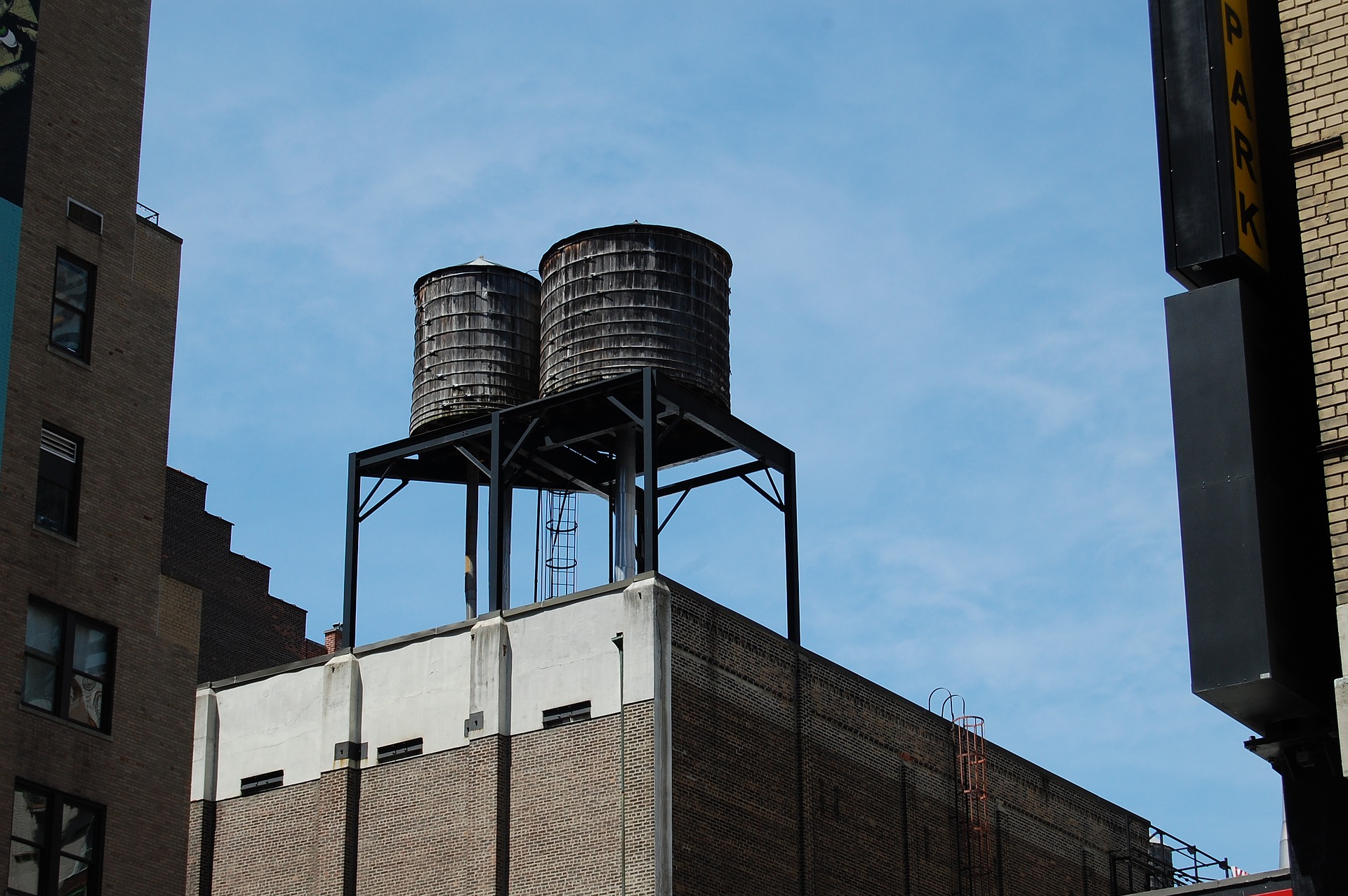
There is an undeniable fact that purchasing a water tank is among the very crucial water-saving methods to invest in, which is why getting the best product worth your hard-earned cash should be your number 1 priority. Presently, various companies are manufacturing industrial, commercial and domestic storage water tanks. But if you want the better option among all the other choices, steel rainwater tanks should be worth your consideration. Be sure to hang on to this post and find out why!
Water protection
Steel tanks offer marvellous durability when compared to other types like concrete and plastic tanks. In extreme temperatures, steel expands and contracts easily, while other materials may not react the same. Steel is also able to resist water oxidation and biocides, which is beneficial to companies working with water or other corrosive compounds daily. An additional external or internal coating will ensure steel rainwater tanks last longer and keep water cleaner for longer.
Ensures longevity
Steel tanks are highly resistant to crevice corrosion, cavitation and also wear and tear in both pure and contaminated waters. Steel maintains its ductility even to wide-ranging pressures and temperatures. Steel is not only heat resistant but also remains unaffected even when exposed to radiation. In addition, steel isn’t prone to freezing, cracking or rusting (if made from the right materials).
Recyclable
Steel is deemed as one of the safest alloys—meaning, it’s environment-friendly. Over many decades, steel has comprised about 60–70% recycled material, thus making it an ideal material for recycling. Do you know that steel helps reduce the carbon footprint of both the producer and user?
Hygienic
Although some rainwater tanks like concrete are the most used because they are also cost-effective over time; however, most users won’t be able to check certain hygienic conditions in these tanks. Such tanks are prone to mould and bacterial growth as well as chemical leakage. Not to mention the calcium in concrete combined with naturally acidic rainwater transforms the stored water into hard water, which may not be beneficial for farming and irrigation.
However, steel offers some hygienic benefits. The surface of the steel is lined with highly passive stability film, rendering some elements like nickel and chromium chemically inactive in water. For this reason, steel tanks provide the same hygienic standards as some rainwater tanks made from other materials.
Mobility
Most tanks such as concrete tanks are constructed in place, remaining fixed in one spot throughout its lifetime. However, this might not suit most folks. If a company or a home’s residents happen to change location, the concrete tank will be rendered useless. You can easily transfer steel rainwater tanks from one place to another by removing the fixtures and using a forklift to move it. This not only eliminates purchasing a new tank but also eliminates efforts and stress related to moving the tank.
Cost
Steel rainwater tanks are known to last longer compared to many tanks made from cheaper materials. Moreover, steel tanks need fewer installations, repairs, care and maintenance. This greatly helps lower the total cost over time.
Aesthetics
Rainwater storage tanks constructed from plastic, concrete or other materials, simply put, are not visually appealing. Mould, moss or algae usually grows on the surface after a few years. Steel rainwater tanks appear streamlined and futuristic. They can be painted easily as well to match your (or any) surroundings.
In a nutshell, the abovementioned benefits of steel rainwater tanks are why they have become more popular recently. Don’t forget to contact a reputable supplier to purchase your steel rainwater tank!



Leave A Comment